The U.S. Federal Reserve on Wednesday raised its benchmark interest rate by 75 basis points, marking the sharpest rate hike since 1994, as reports in recent days indicated inflation showed no clear sign of easing.
"Inflation remains elevated, reflecting supply and demand imbalances related to the pandemic, higher energy prices, and broader price pressures," the Fed said in a statement after a two-day policy meeting, adding that the Fed is "highly attentive to inflation risks."
The Federal Open Market Committee (FOMC), the Fed's policy-making body, decided to raise the target range for the federal funds rate to 1.5 to 1.75 percent and "anticipates that ongoing increases in the target range will be appropriate."
The statement showed that 10 committee members voted for the decision and one voted against it. Esther George, president of the Federal Reserve Bank of Kansas City, preferred to raise the target range for the federal funds rate by a half percentage point to 1.25 percent to 1.5 percent.
The Fed's newly released quarterly economic projections showed that Fed officials' median projection of personal consumption expenditures (PCE) inflation is 5.2 percent by end of this year, up from 4.3 percent in March projection.
The median FOMC projection for year-end federal funds rate has jumped to 3.4 percent, much higher than the 1.9 percent projected in March.
Desmond Lachman, senior fellow at the American Enterprise Institute and a former official at the International Monetary Fund, told Xinhua that the inflation number released last week was higher than the Fed expected, and the Fed is determined to "regain control over inflation."
The U.S. Labor Department reported Friday that consumer price index (CPI) skyrocketed 8.6 percent in May from a year earlier, marking the third straight month of inflation over 8 percent and hitting a new four-decade high. The figures, which exceeded consensus estimates, dashed hopes that inflation had peaked.











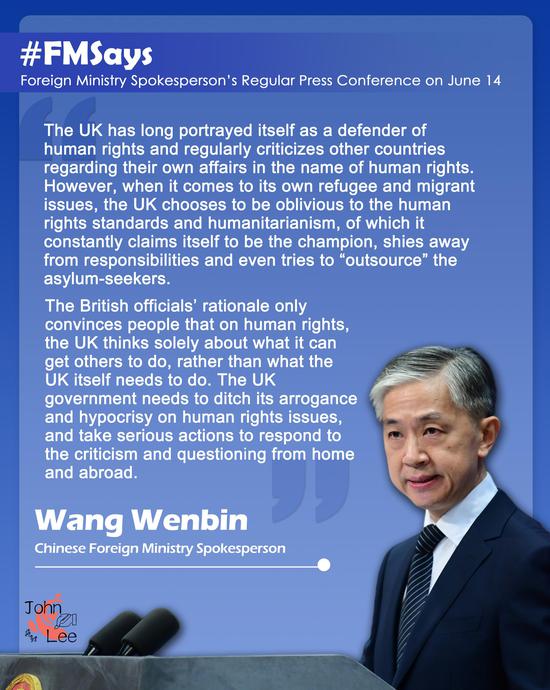
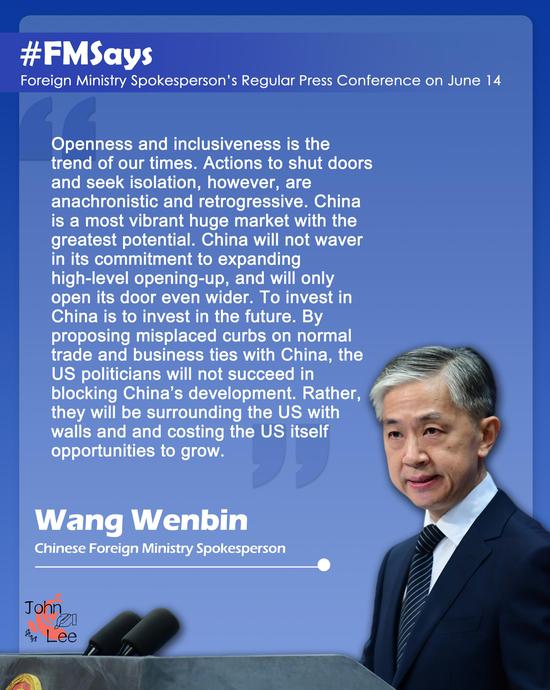



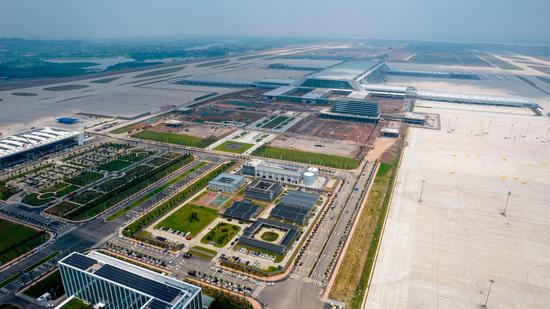















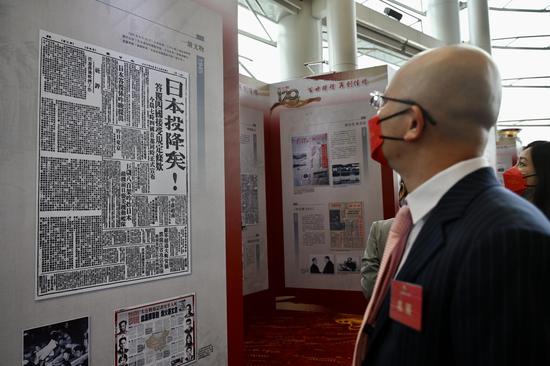




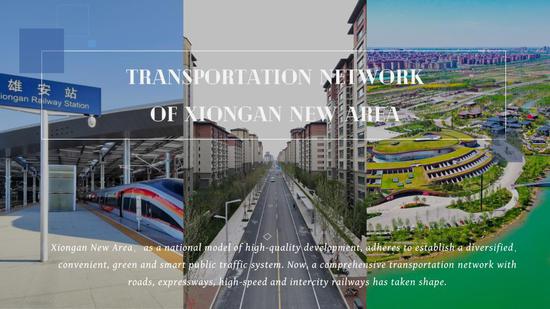


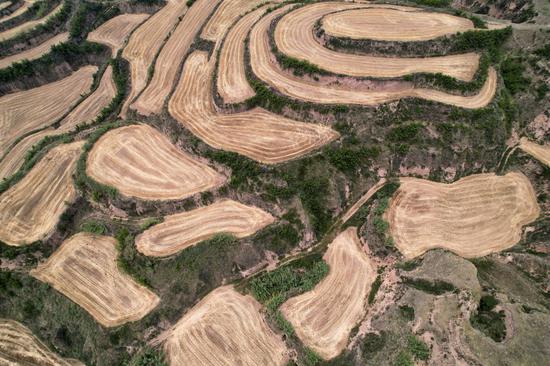



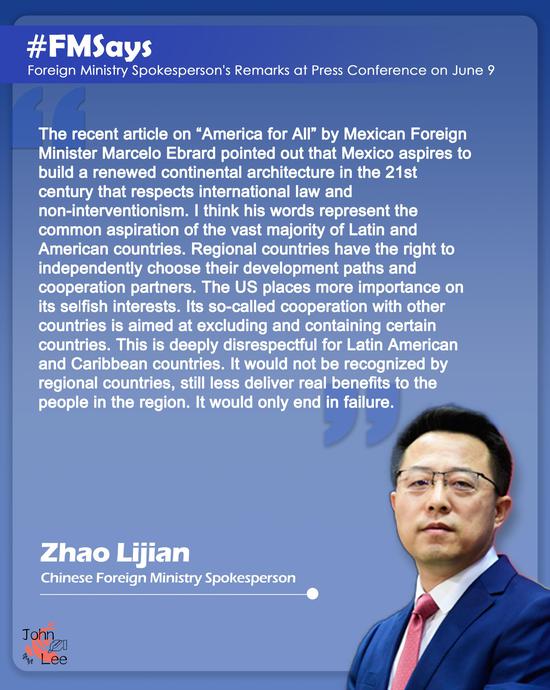





 京公网安备 11010202009201号
京公网安备 11010202009201号